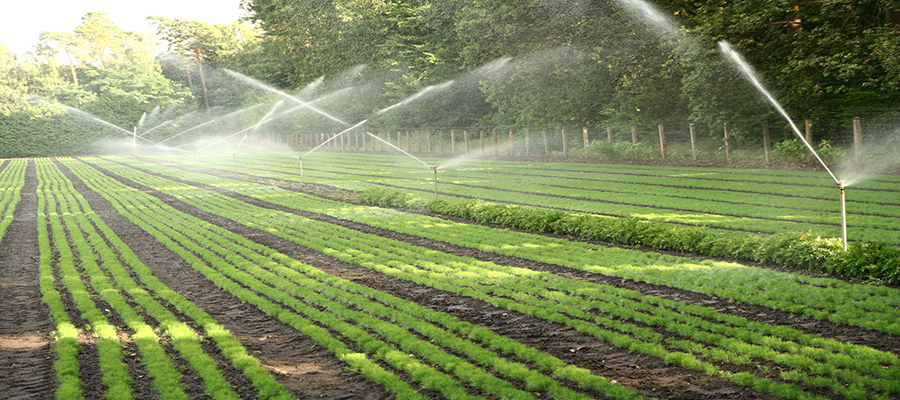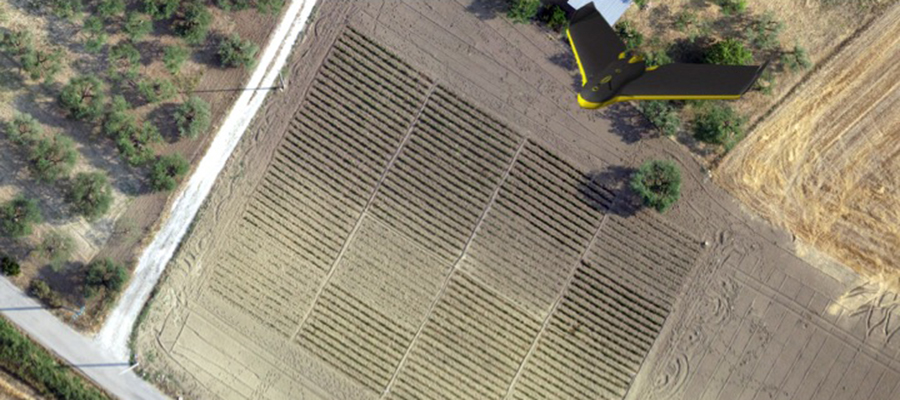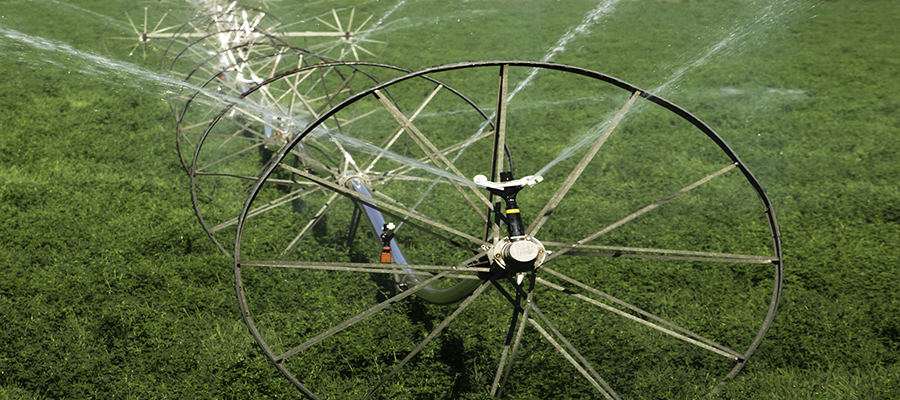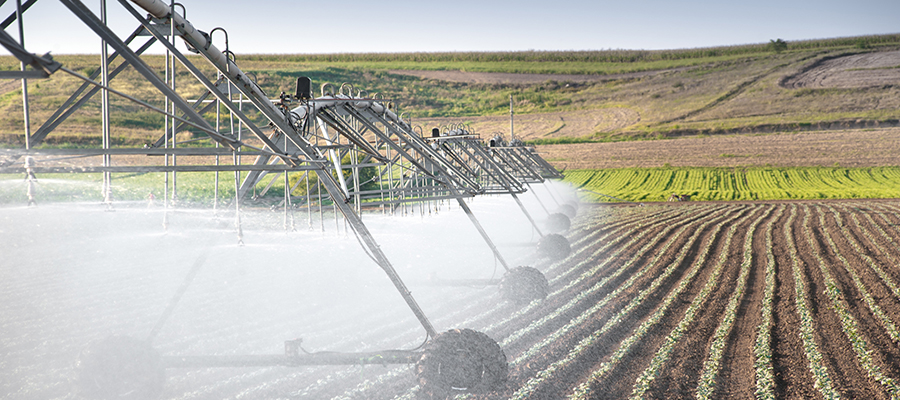SOIL, 6, 453–466, 2020 Published: 05 Oct 2020

The concepts of soil quality and soil health are widely used as soils receive more attention in the worldwide policy arena. So far, however, the distinction between the two concepts is unclear, and operational procedures for measurement are still being developed. A proposal is made to focus soil health on actual soil conditions, as determined by a limited set of indicators that reflect favourable rooting conditions.
In addition, soil quality can express inherent soil conditions in a given soil type (genoform), reflecting the effects of past and present soil management (expressed by various phenoforms). Soils contribute to ecosystem services that, in turn, contribute to the UN Sustainable Development Goals (SDGs) and, more recently, to the EU Green Deal. Relevant soil ecosystem services are biomass production (SDG 2 – zero hunger), providing clean water (SDG 6), climate mitigation by carbon capture and reduction of greenhouse gas emissions (SDG 13 – climate action), and biodiversity preservation (SDG 15 – life on land). The use of simulation models for the soil–water–atmosphere–plant system is proposed as a quantitative and reproducible procedure to derive single values for soil health and soil quality for current and future climate conditions. Crop production parameters from the international yield gap programme are used in combination with soil-specific parameters expressing the effects of phenoforms. These procedures focus on the ecosystem service, namely biomass production. Other ecosystem services are determined by soil-specific management and are to be based on experiences obtained in similar soils elsewhere or by new research. A case study, covering three Italian soil series, illustrates the application of the proposed concepts, showing that soil types (soil series) acted significantly differently to the effects of management and also in terms of their reaction to climate change.
By Antonello Bonfante1, Angelo Basile1, and Johan Bouma2,
Correspondence: Antonello Bonfante (Questo indirizzo email è protetto dagli spambots. È necessario abilitare JavaScript per vederlo.)







